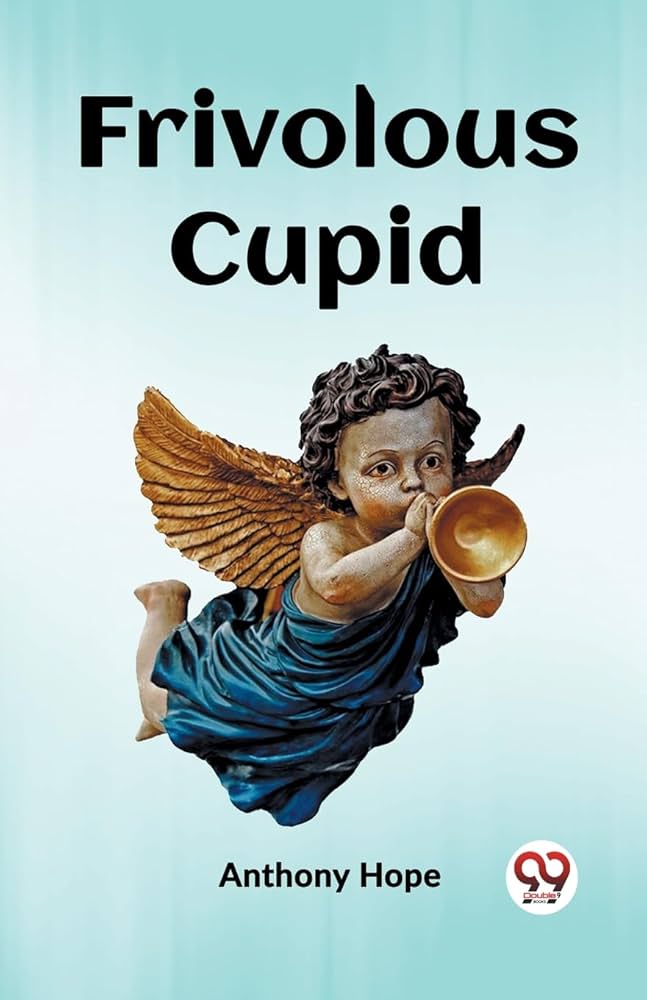Chapter III — Frivolous Cupid
byChapter III opens with a sense of confusion surrounding Smugg’s unexpected engagement, which seems out of place to his peers, who view him as neither particularly charming nor socially impressive. As the group of friends shares daily life preparing for exams, Smugg becomes the subject of mild curiosity and quiet ridicule. Yet, beneath his seemingly ordinary demeanor, he carries a private routine that breaks the monotony. Mornings that once held sleepy lectures or idle chats now find Smugg missing, which stirs suspicion. When it becomes clear he’s been meeting Betsy Dill—someone the whole group admired—opinions shift. The others feel betrayed, not just by his secrecy, but by his quiet success in winning over Betsy while still engaged to another. What began as amusement turns into quiet judgment, changing the tone of their friendship.
The situation intensifies when Joe Shanks enters the picture, not with threats, but with startling news. He claims Betsy as his own, announcing a bond that predated all others. The revelation sends a jolt through the group. Smugg, who thought himself the clever suitor, now finds himself outmaneuvered. His previous confidence with Betsy vanishes, replaced by shame and a quiet retreat into himself. His silence speaks more than defense could. For the group, Joe’s arrival brings a sense of justice, although not without discomfort. They are forced to reflect not only on Smugg’s betrayal, but on their own objectification of Betsy. The competition among them had masked a deeper truth: Betsy was not a prize to be won, but a person with choices, one of which had clearly been made.
Smugg’s situation quickly unravels. The engagement he maintained in theory now feels like a hollow formality, lacking the loyalty and sincerity it should represent. Betsy’s decision to marry Joe—bold and public—finalizes Smugg’s fall from grace. Yet, even as the group watches his confidence crumble, a small current of sympathy emerges. It’s not admiration, but a recognition that people often mask their confusion with poor decisions. Smugg hadn’t planned this collapse, but his deception made it inevitable. The others see him not just as a fool but as someone caught between expectation and desire, punished for trying to play both sides. It’s a mistake some recognize in themselves, though unspoken.
What lingers after Joe and Betsy’s announcement isn’t triumph but discomfort. For all their teasing and assumptions, no one truly understood the depth of Smugg’s emotional entanglement. He hadn’t just betrayed someone distant—he’d betrayed himself. Saving money for a future he quietly undermined, chasing a connection that was never secure, he now stands without direction. The group, too, feels altered. The fun they shared suddenly seems juvenile, their rivalry meaningless. Conversations now carry a new tone: reflective, even cautious. Where they once laughed at Smugg, they now speak with restraint, as if aware that mockery no longer fits. The chapter ends not with closure, but with a subtle change in how they view each other.
Smugg doesn’t speak much in the following days. He shows up, he studies, he leaves. But something has shifted in his posture and expression. There’s no anger, no self-pity—only the quiet weight of consequence. The group never sees Betsy again after the announcement, and she quickly becomes a subject they avoid. Joe’s victory, if it could be called that, also disappears into the quiet rhythm of local gossip. What remains is a sense of the unpredictability of affection, the absurdity of competing for someone’s heart without truly knowing them. Smugg’s silence becomes part of the group’s memory, not as shameful as it once felt, but as a shared lesson no one dares to summarize aloud.
In the end, Chapter III presents more than a tale of jealousy and betrayal. It challenges assumptions about love, worth, and loyalty, showing how the human heart rarely moves in expected directions. The chapter reminds us that real growth often comes through awkward, painful revelations that force characters—and readers—to reconsider how relationships should be valued. Even in disappointment, there is room for insight, and Smugg’s quiet fall leaves behind the kind of impression that lingers longer than scandal.

